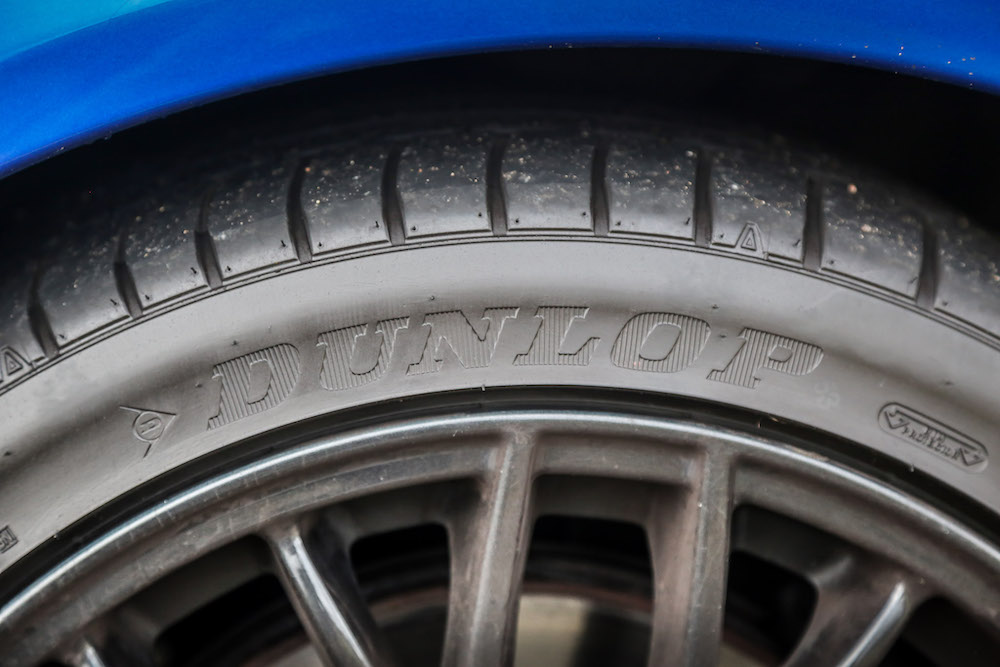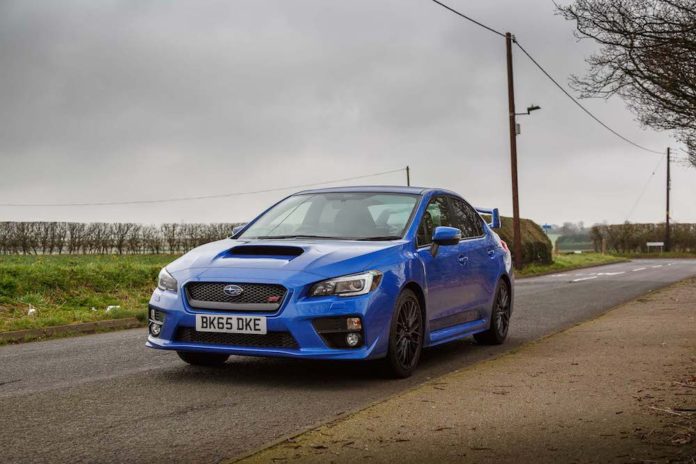The Covid-19 pandemic has prompted wholesale and previously-unimaginable changes in the way that we live our lives. Non-essential businesses have been forced to close for weeks on end, and asked to implement a range of anti-contagion measures during the time that they’re open.
In the world of retail, this has prompted (or, more accurately, accelerated) a shift toward online sales. But for certain products, going entirely online isn’t something that many customers find attractive. In the case of car sales, there’s been a pronounced shift away from dealerships, with their Perspex screens, mandatory facemasks, one-way systems and sanitizer dispensers, and toward private sales.
Since private sales don’t face the same level of regulation and scrutiny as a sale through a dealership. Any buyer who goes down this route therefore exposes themselves to increased risk. They might be scammed, or even mugged – and if there’s no paper trail or fixed premises to attach the sale to, legal recourse can be difficult to come by.
What Scams Should I Watch Out For?
Scams come in a range of shapes and sizes.
Phishing
Anyone can pose as the DVLA in an email, and ask you to ‘confirm’ your personal details or payment information. The real DVLA will never do this – but the scam is so low-cost that the minority of occasions where it works can pay off for the scammers.
Dirty Oil
Two scammers collaborate to perform the dirty-oil scam. One distracts the seller, the other pours dirty oil into the coolant reservoir. Smoke billows from the engine during the test drive; the ‘buyer’ asks for a discount.
Car Cloning
Car cloning is simple. Once the scammer has the details of your car, they’re able to attach it to a matching car on the other side of the country. These vehicles can then be used for criminal activity.

Vehicle Matching
Vehicle matching fraud involves asking a seller for an advance payment in exchange for putting them in touch with a buyer. The scammer will claim that their fee is refundable if the car isn’t sold. They’re lying.
How To Avoid Being Scammed
While scammers are pretty sophisticated, there are general rules to follow that’ll make life more difficult for them. If everyone in the country followed them, then scammers would quickly go out of business.
Don’t Believe The Hype
If a deal looks too good to be true, then it probably is. Don’t be suckered in by an implausibly low price-tag. Check the market value of the car and use that as a basis for negotiation. Similarly, don’t be fooled by fake insurers – a reputable insurer like Comfort Insurance will expect you to come to them.
Check The Vehicle Before Meeting
Before the meeting goes ahead, ask the seller for the make and model of the vehicle, and the plate. Run the registration number though the DVLA’s database to ensure that everything matches up. If it doesn’t, it’s time to walk away.
Meet At The Address
On the V5C logbook will be the address of the registered driver. Try to meet there rather than in some other place. That way you can be reasonably confident that the car is actually being sold by the owner.
Insist On Covid-19 Security
As well as being aware of the danger of scammers, it’s also worth thinking about the danger of contagion between you and the people you’re dealing with. Wear a facemask during test drives, and, whatever you do, don’t seal the deal with a handshake.














